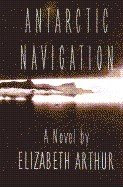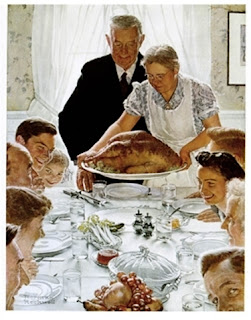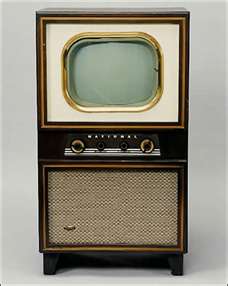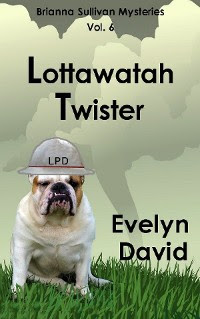The Long of It!
 When I was a child I wanted my favorite books to go on forever – the longer the story the better. Short books were like eating one potato chip – tasty but not enough to satisfy. I wanted to get lost in a book and stay there for days. And I hated reading books piecemeal. Someone was always telling me to turn out the lights and go to sleep, put down the book and go play outside, or warning me that I was ruining my eyes with all that reading.
When I was a child I wanted my favorite books to go on forever – the longer the story the better. Short books were like eating one potato chip – tasty but not enough to satisfy. I wanted to get lost in a book and stay there for days. And I hated reading books piecemeal. Someone was always telling me to turn out the lights and go to sleep, put down the book and go play outside, or warning me that I was ruining my eyes with all that reading.
As I got older I read faster so I could get through more of the story without being interrupted. In college one of my favorites was Stephen King’s The Stand. The original hardback had 823 pages. I’ve read all the Tom Clancy books, lugging them through airports like fat infants straining my arm muscles.
I loved Carl Sagen’s Contact and Colleen McCullough’s The Thornbirds, but at just over 400 pages they were practically short stories compared to two of my later favorites: Larry McMurtry’s Lonesome Dove weighing in at 864 pages and a book that remains in my top ten – Antarctic Navigation by Elizabeth Arthur.
This 798 page book fascinated me. The heroine, Morgan Lamont, had been obsessed with Robert Scott’s 1910 Antarctic Expedition from childhood. The author takes us through Morgan’s early days and her quest to visit the South Pole and retrace Scott’s footsteps. By the time you finish the book, you feel like you’ve made that icy journey with Morgan. It’s not a book that will appeal to everyone. Elizabeth Arthur has been to the South Pole and she uses her knowledge of that remote locale. She makes the South Pole and its harsh weather a major “character” in the book. The plot is dependent on the place as much as Morgan’s need to achieve something Robert Scott did not.
From a recent discussion on the DorothyL internet group, I’ve read with great interest reader opinions on “long” vs. “short” novels. Many seemed to find places in long novels that “sag” or move forward only sluggishly. I confess that with some of Tom Clancy’s descriptions of the inner workings of ships and subs, I only half absorbed the paragraphs the first time through (yes, I’m one of those people who read books over and over.) But Clancy’s books have great plots and more often than not, the technical information he conveys lends depth and atmosphere to his thrillers.
I’m a fan of Nelson DeMille’s books. I just finished his newest, The Gate House. DeMille is great at creating interesting tough-guy characters and exciting plots based on real events. Sometimes the backstory runs a little longer than suits my taste, but as with Clancy’s books, I know the payoff will be well worth the slow bits. My favorite DeMille book remains the first one I ever read, The Charm School – a book I picked up in a hurry in an airport bookstore. A mere 544 pages long, it’s a true page-turner with a Cold-War plot. American MIA pilots from the Vietnam War have been taken to Russia and installed as unwilling teachers in a KGB “Charm School” for Russian agents. Two U.S. diplomats find out about the school and the game is on.
Short books are wonderful and fun – but for books you can literally lose yourself inside, give a longer book a chance.
Evelyn David








I don’t care about the length of a book–long or short. All I want is a good story that carries me along.
Though I’m not much good at writing short stories despite having two in anthologies, when it comes to books, I tend to write short.
When the story is done, it’s done.
Too many mysteries I’ve read lately seem to have been padded with unnecessary minutea (have no idea how to spell that word)that didn’t seem to add a thing to plot or character development.
Marilyn
http://fictionforyou.com